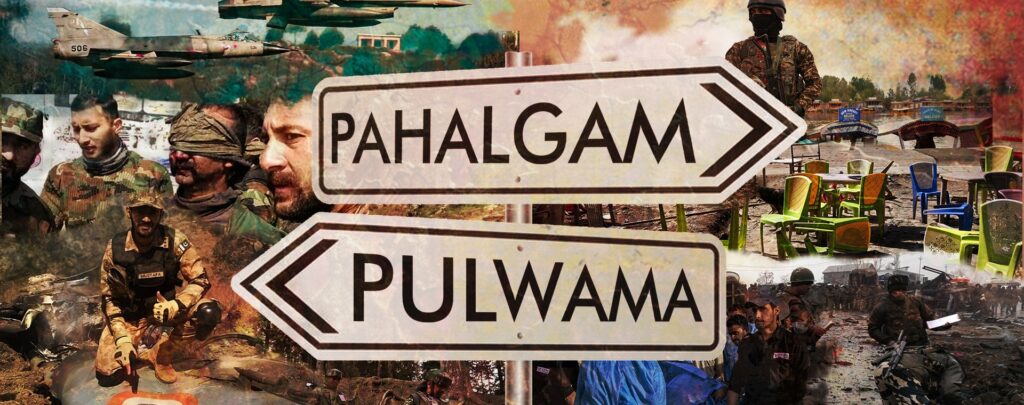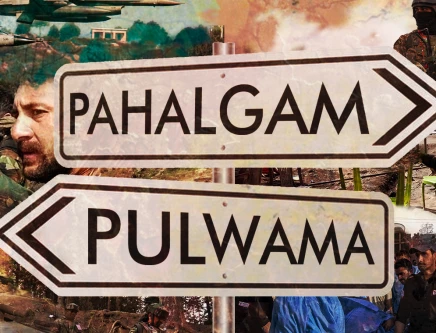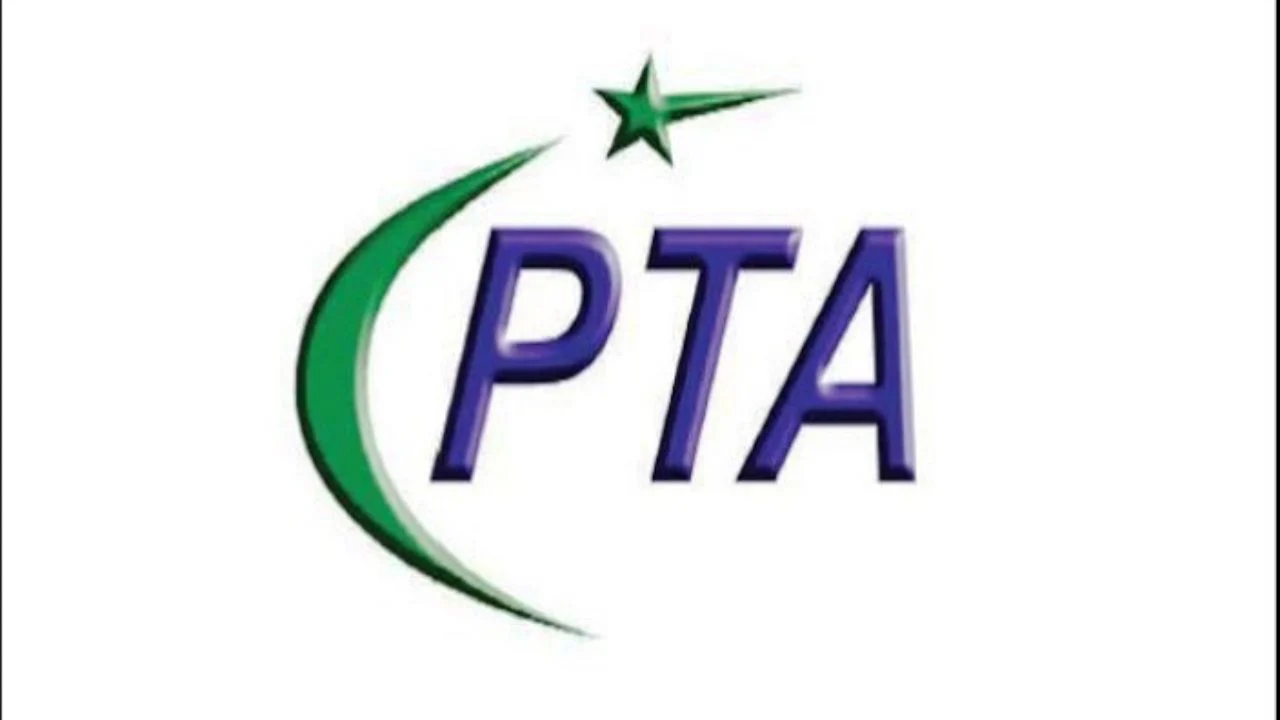
In 2018, as India braced for general elections, Prime Minister Narendra Modi faced mounting criticism over rising unemployment, inflation, agrarian distress, corruption, and the Rafale fighter jet controversy. The BJP had just suffered losses in key state elections in Rajasthan, Madhya Pradesh, and Chhattisgarh. Modi’s strongman image appeared to be fading.
Then came Pulwama.
On February 14, 2019, a suicide bombing in Jammu and Kashmir’s Pulwama district killed 40 Indian paramilitary personnel. The Modi government quickly blamed Pakistan, sparking national outrage and war hysteria. The BJP’s campaign shifted overnight, with national security becoming the central theme. The emotional spectacle of leaders attending the soldiers’ funerals stirred deep nationalist sentiment.
Twelve days later, Indian jets carried out airstrikes in Balakot, Pakistan. Though the military gains were negligible, Modi’s government and supportive media presented the attack as a bold act of retaliation. It was a masterclass in political narrative control.
The result? A resounding BJP victory in the 2019 elections, securing 303 seats—an even bigger win than in 2014. Analysts believe the Pulwama-Balakot episode played a critical role in rallying public support through nationalism and militarism.
Years later, the Pulwama narrative began to unravel. Political leaders including West Bengal’s Mamata Banerjee and former J&K governor Satya Pal Malik raised doubts, calling the attack either staged or a major intelligence failure. Allegations surfaced that the tragedy had been used to manipulate public sentiment for electoral gain.
Fast-forward to 2025.
India now finds itself under intense global scrutiny for an alleged transnational assassination campaign. RAW, India’s external intelligence agency, has been linked to the murder of Canadian Sikh leader Hardeep Singh Nijjar and a foiled assassination plot on U.S. soil. Investigative reports from The Washington Post and The Guardian detail a pattern of extrajudicial killings attributed to India in multiple countries since 2020. Western governments, including the U.S., Canada, and the U.K., have responded with diplomatic pressure and even calls for sanctions.
As international criticism mounts, another tragedy strikes: the Pahalgam massacre.
On April 22, 2025, 26 tourists were gunned down in the picturesque Baisaran area of Pahalgam, Kashmir. Within minutes, Indian media blamed Pakistan. A relatively obscure group, The Resistance Front, was accused of orchestrating the attack. Yet, several questions remain unanswered: How did the attackers infiltrate a region over 100 km from the LoC, bypassing one of the world’s most heavily militarized zones? Why did nearby security forces fail to respond in time, and how was a formal FIR filed almost instantly, complete with the group’s name?
Indian media immediately amplified the government narrative, while Foreign Secretary Vikram Misri made a primetime appearance echoing the same message: Pakistan was behind the attack. He announced punitive actions including suspension of the Indus Waters Treaty, closure of the Wagah border, and downgrading diplomatic ties.
Observers suggest the timing of the Pahalgam attack was politically convenient. U.S. Vice President JD Vance was visiting India, while Modi was in Saudi Arabia. The attack allowed India to reclaim the victim narrative and divert attention from its controversial foreign operations.
The incident also inflamed anti-Muslim sentiment in cities across India, potentially helping the Modi government rally support for the divisive Waqf Amendment Bill, which many critics see as an attempt to marginalize the Muslim community further.
Strategically, the Modi government is leveraging the Pahalgam tragedy to challenge the Indus Waters Treaty, seeking to redirect or block water from Pakistan’s rivers for Indian use. Pakistan has called any such move “an act of war,” as the country’s agriculture and food security are heavily dependent on the Indus river system.
For now, tensions between the two nuclear-armed neighbours are dangerously high. But once the dust settles, many are left wondering: could Pahalgam, like Pulwama, have been used to serve a larger political script?
READ MORE: Iran Port Explosion Kills 18, Injures Over 800 Amid Ongoing Nuclear Talks



